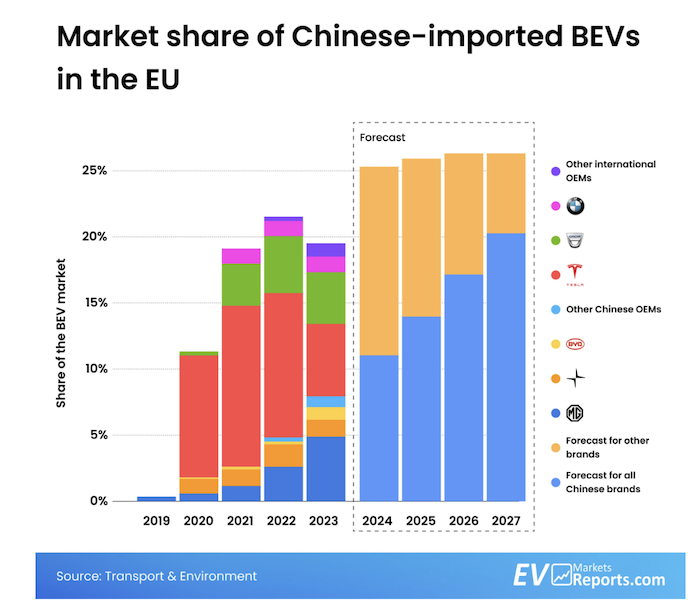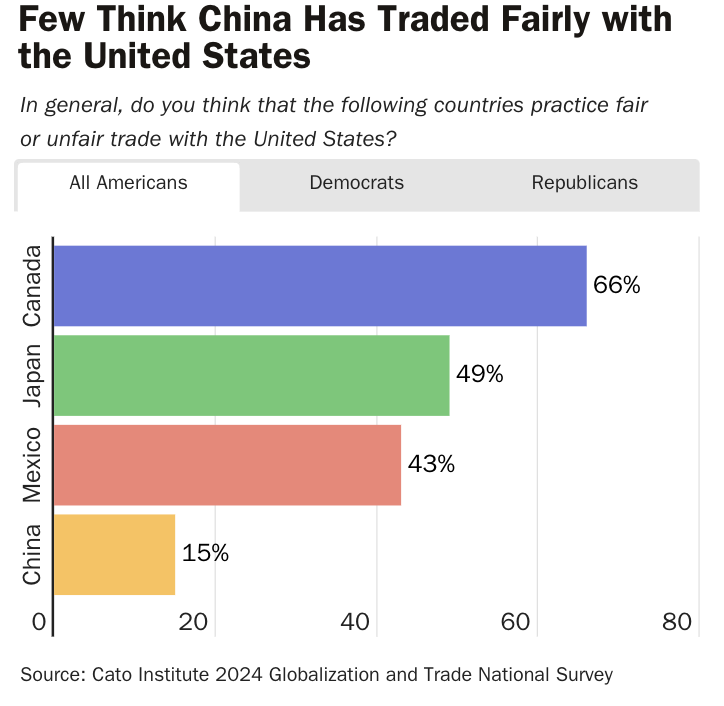Summary
- Tariffs as Geopolitical Tools: Tariffs are increasingly used not only for economic protection but also for geopolitical strategy, influencing global trade and signalling national interests.
- Chinese EV Industry Example: The EU and other countries are imposing or considering tariffs on Chinese electric vehicles, citing unfair competition, while also protecting domestic industries from the rapid growth of China’s EV sector.
- Domestic Political Motives: Tariffs often cater to domestic political considerations, such as protecting jobs and industries, as leaders seek to address public concerns and safeguard strategic sectors.
- Impact on Global Trade: While tariffs may protect local industries, they risk disrupting international supply chains, increasing costs for consumers, and escalating global trade tensions.
- Strategic Industries and Future Trends: Tariffs on key sectors like green energy and advanced technology are expected to grow, further entrenching protectionism and complicating global trade relations.
Details
Containing our coverage of tariffs and the electric vehicle industry, further developments are observed on how tariffs have emerged as a potent tool in the arsenal of geopolitical strategy. Nations deploy tariffs not only to protect domestic industries but also to send signals on the global stage, exert influence, and promote internal political agendas. One striking example is the ongoing focus on the Chinese electric vehicle (EV) industry, which illustrates how tariffs are often wielded in response to perceived threats to both economic interests and political standing.
The Rising Importance of Tariffs in Geopolitics
Historically, tariffs have been employed to shield domestic industries from foreign competition, ensuring that local companies maintain a competitive edge within their markets. However, recently, tariffs have gained new importance as tools of geopolitical leverage. Rather than being purely economically motivated, tariffs are increasingly used as a way to achieve broader strategic goals.
These goals typically centre around controlling access to key industries, responding to unfair trade practices, or countering rising economic powers, as demonstrated by the heightened focus on China’s booming EV sector. As the global economy undergoes significant transformations—particularly in the energy and automotive industries—tariffs have become a means to counter the perceived dominance of foreign players.
The Case of Chinese Electric Vehicles
The Chinese EV industry is a clear example of how tariffs have been used to address geopolitical concerns. As China has invested heavily in developing its EV technology and expanding its market share, it has sparked alarm in several countries that fear becoming too dependent on Chinese products. For instance, the European Union recently announced an anti-subsidy investigation into Chinese EVs, with the potential imposition of tariffs being a key outcome. The EU argues that China’s subsidies unfairly distort competition, allowing Chinese manufacturers to flood the market with cheaper vehicles.

This move, while ostensibly aimed at ensuring fair competition, is also deeply rooted in domestic political considerations. European car manufacturers are under pressure, not only from Chinese imports but also from the broader shift to sustainable transport. As political leaders seek to protect their national industries and maintain jobs in a rapidly evolving market, tariffs offer a politically palatable means of addressing public concerns while simultaneously pushing back against China’s growing influence in the EV sector.
Domestic Political Drivers
Behind the rhetoric of fairness and competition often lies a range of domestic political motivations. In many instances, tariffs are imposed or threatened to placate powerful domestic interest groups—whether they be labour unions, industries, or specific constituencies. Governments, especially in democratic systems, are sensitive to the needs of these groups and often use tariffs as a visible demonstration of their commitment to protecting local jobs and industries.
This phenomenon is not unique to Europe. In the United States, for example, the use of tariffs during the Trump administration was a prominent feature of its trade wars, particularly with China. These tariffs were regularly justified on the grounds of protecting American workers, yet they also resonated with a political base that was increasingly sceptical of globalisation and free trade.

The Broader Impact on Global Trade
The growing use of tariffs as a geopolitical tool has significant implications for the global economy. While tariffs may offer short-term protection for domestic industries, they also risk disrupting international supply chains, increasing the cost of goods, and escalating trade tensions between countries. Moreover, the uncertainty created by the imposition of tariffs can deter investment and innovation, as companies are forced to navigate an increasingly complex and unpredictable trade environment.
The case of Chinese EVs reflects a broader trend where industries that are crucial to the future economy—such as green energy and advanced technology—are becoming battlegrounds for geopolitical influence. As governments prioritise strategic industries, the use of tariffs and other trade barriers is likely to increase, further entrenching protectionist tendencies in global trade relations.
Governments will need to balance the competing demands of protecting domestic industries, maintaining international relationships, and addressing the evolving global economy—challenges that will only intensify as strategic sectors like electric vehicles take centre stage.
